Pakistani farmers are gearing up for nationwide protests starting on May 10 to express their grievances over the ongoing wheat crisis.
Kissan Ittehad Pakistan announced on Monday that thousands of farmers will participate in the protests, which will kick off in Multan. Despite a bumper crop locally, wheat prices have dropped below the support price of Rs 3,900 per 40kg, leading to frustration among farmers and sparking outrage over the decision to import wheat, as reported by Dawn.
Similar protests occurred on April 30, resulting in the detention of hundreds of farmers across the country. The farmers are protesting against the government's decision to import wheat last year and this year, which has led to a decline in wheat prices in the market, according to Al Jazeera.
In response to the farmers' concerns, Prime Minister Shehbaz Sharif's government has formed a cabinet committee to investigate why the previous caretaker government, led by former PM Anwar-ul-Haq Kakar, imported wheat despite sufficient supply in the country.
Khalid Khokhar, the president of Kissan Ittehad, emphasized that the protests are not for personal gain but for the benefit of the country. He accused the caretaker government of causing a loss of over Rs 400 billion to the national treasury by importing wheat worth $1 billion during a foreign exchange shortage. Khokhar claimed that while the "mafia" profited Rs 100 billion from the wheat import, farmers suffered losses of around Rs 400 billion by selling their wheat at reduced rates.
Khokhar declared that Kissan Ittehad would lead nationwide protests against the government's wheat policy, starting in Multan on May 10 and expanding across the country. He stated that thousands of farmers, along with their livestock and families, would participate in the protests.
The primary objective of the protests, according to Khokhar, is to provide relief to farmers, emphasizing the critical role of agriculture in the country.
In 2022, Pakistan faced a shortfall in wheat production compared to its annual consumption of approximately 30 million metric tons, leading to increased prices and long queues at shops in urban areas. There were also reports of overcrowding and individuals being trapped while attempting to purchase the essential commodity.



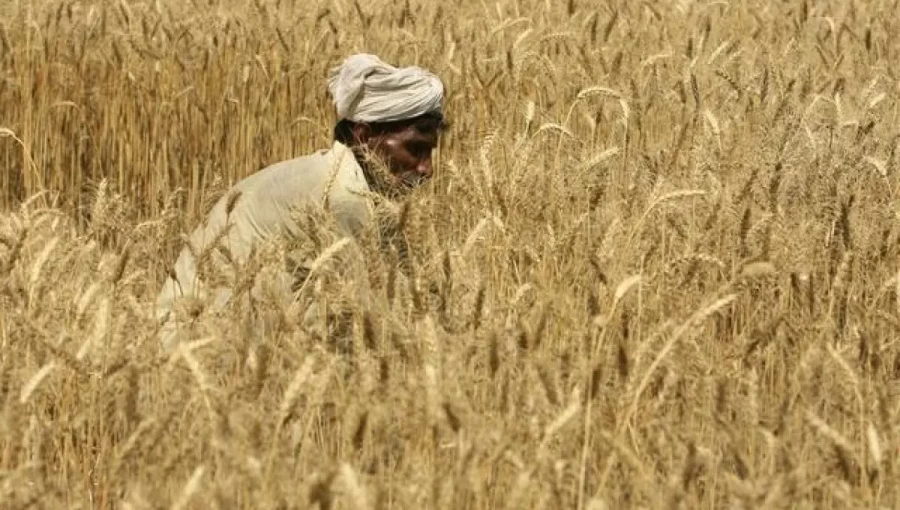
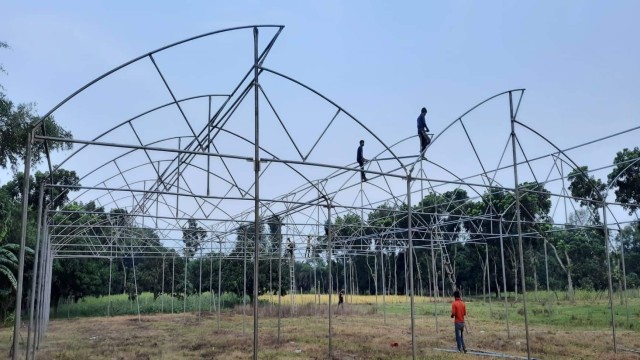

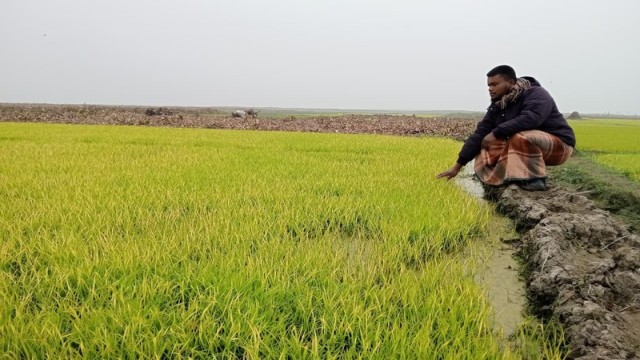
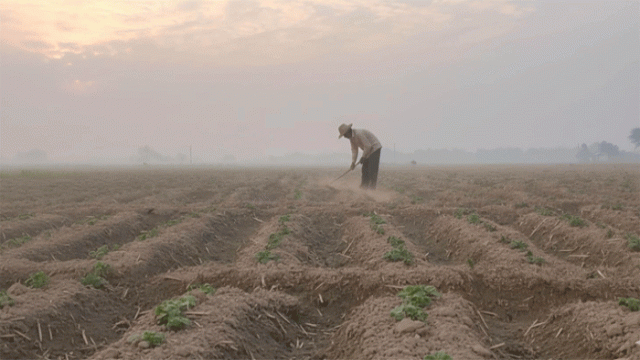



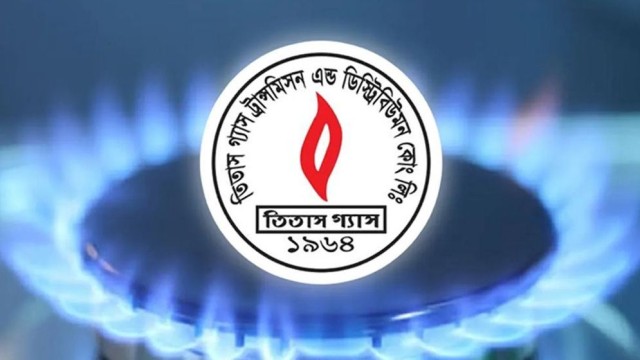
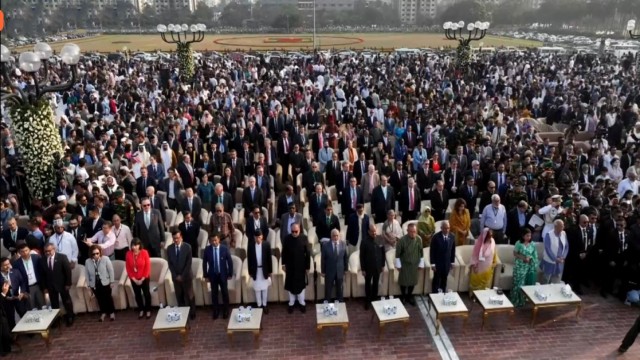


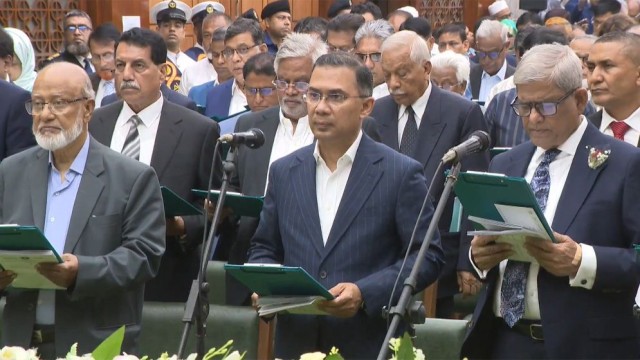
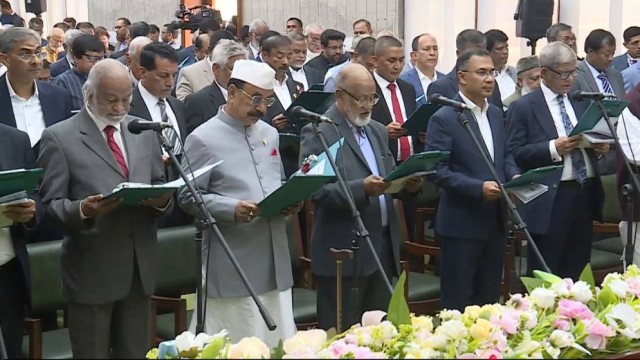














Comment: